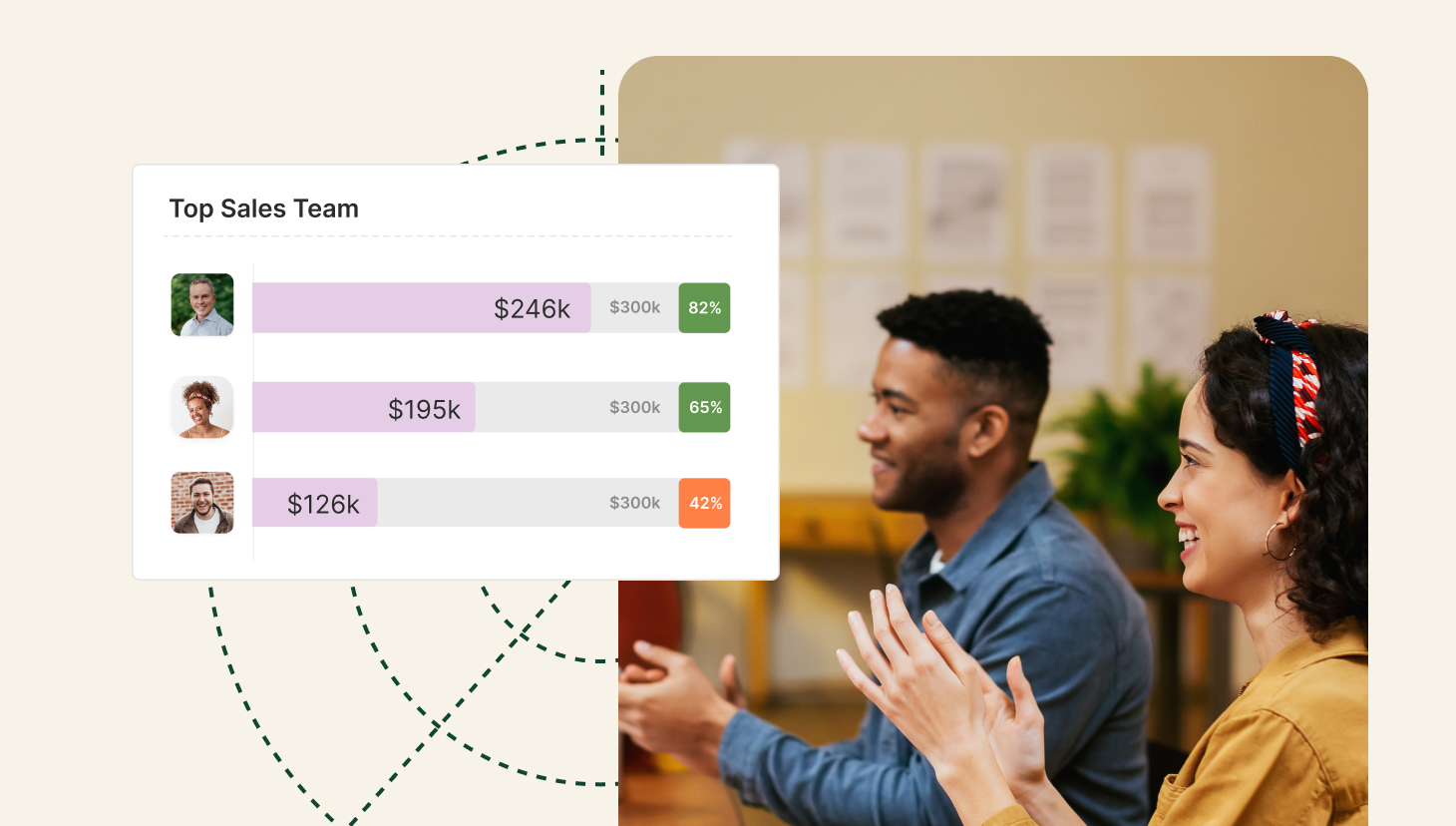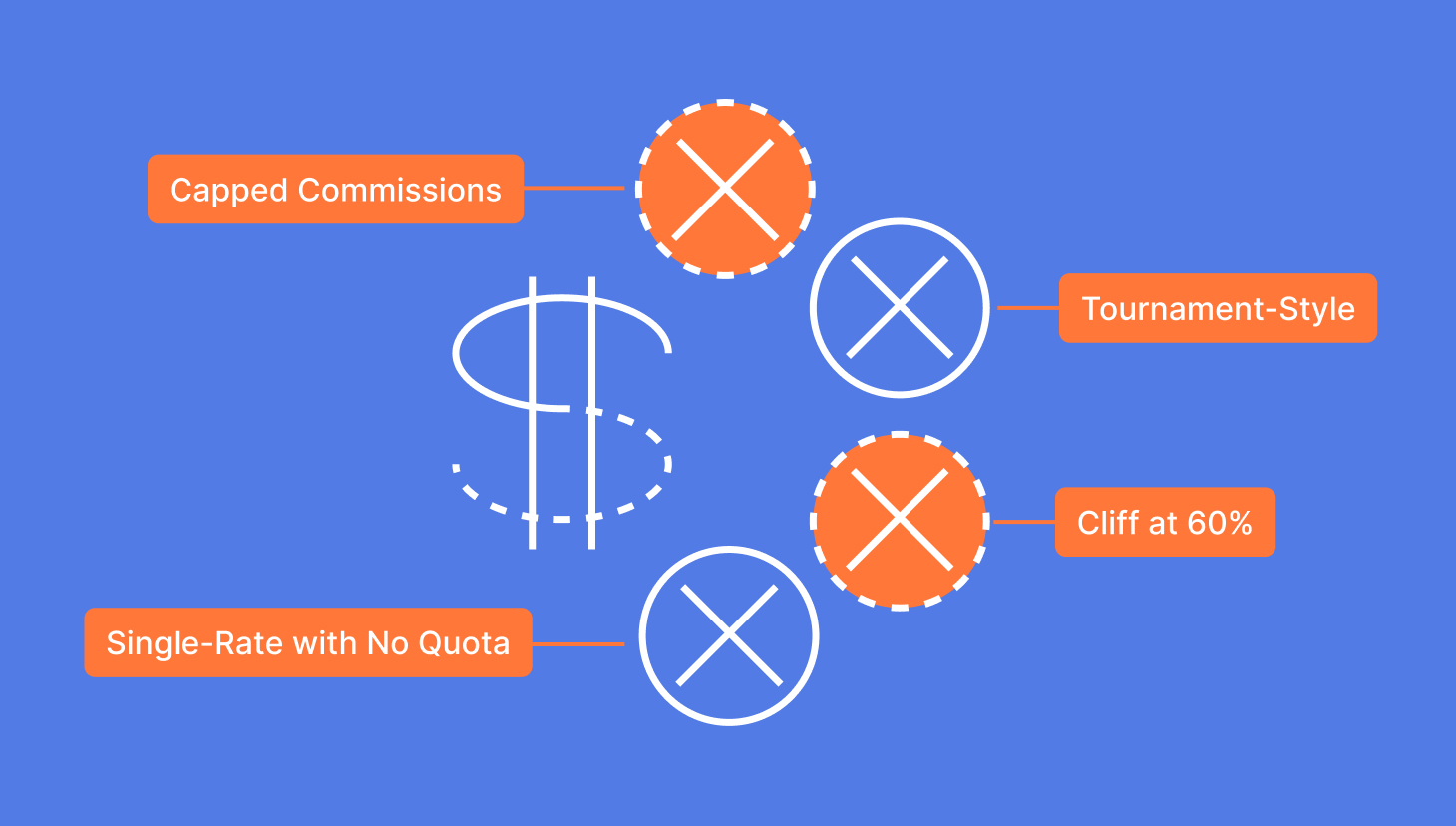Whether you’re trying to get in touch with a decision-maker, schedule a demo, or move a deal along, it’s important to stay in contact and keep your company top of mind for your prospects. One phone call is almost never enough to make a sale, so strong follow-up emails are some of the most valuable tools at a sales rep’s disposal.
It’s a good idea to have several different types of follow-up emails — to stay in touch after a cold call, a voicemail, a demo, after several unsuccessful outreach attempts, etc. — drafted and ready to personalize. But even though the purpose of a follow-up email (and the content therein) might vary, there are some basic guidelines that you should follow for all your correspondence with a prospect:
Give them time
The last thing you want to do when following up with a prospect is to become a nuisance. Even the most interested contacts have a lot on their plate, and will likely need a little time before they take action. Show your contacts that you respect their time constraints by waiting a few days after a call or an email before your next attempt to reach them.
Get their attention (the right way)
Your contacts are busy people, and their inboxes are probably stuffed with unread or unanswered emails. An email with a vague or boring subject line is far less likely to get opened. If you want to avoid that fate, take some time to craft a compelling and concise subject line. However, don’t flag your email as high priority; your follow-up message is not a life-threatening emergency, and flagging it as such is more likely to annoy your contact than spur them to action.
Provide value, but keep it short
If you’re reaching out after a cold call or a voicemail, remind them briefly who you are and what you discussed on the phone. Ask them if there’s a convenient time for them to talk to you to learn more about your product or service. If you’re following up after a demo or initial sales call, recap the benefits you discussed on the phone.
You may want to include case studies, white papers, or any other applicable content that might answer some common questions you encounter in the sales process. But whatever information you need to present to the contact, try to keep it as short and sweet as possible. In fact, it’s a good idea to use bullet points where appropriate to keep the content scannable.
Make the next steps clear
Even if your prospect is interested in what you’re offering, they won’t move forward if it’s unclear what they should do next. In the body of the email, let them know what to expect: will you contact them again in a few days, or should they respond to your email with any additional information? If there’s an action required on their end, spell that out as clearly as possible so there’s no confusion.
Don’t quit after one email
One or two unanswered emails may feel like a clear sign that your contact has lost interest, but don’t give up so easily. Many contacts need time and multiple touchpoints before they’re ready to move forward in the sales process. As long as you’re being helpful and considerate (read: not annoying), persistence increases the likelihood that you’ll make a successful sale.
Want a clearer picture of your progress toward your sales goals? Create an account here.



